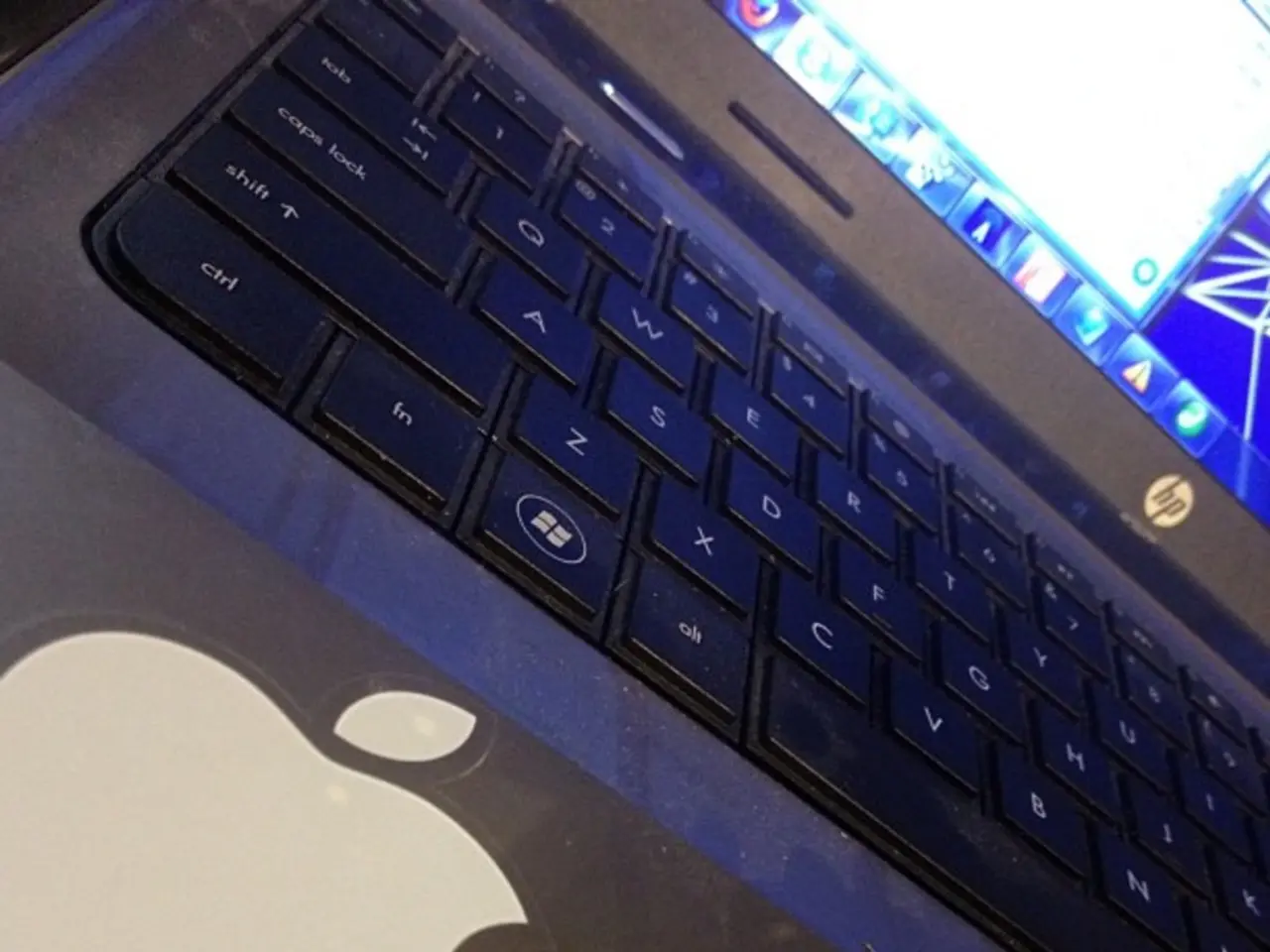Tech giant Google announces fusion of Chrome OS and Android into a singular operating system
Google has announced its intention to merge Chrome OS and Android into a single platform, marking a significant step towards unifying its operating systems. The news, confirmed by Sameer Samat, President of the Android Ecosystem at Google, suggests a long-term transition rather than an immediate switch, according to the company.
The merger will see Chrome OS adopt the Android kernel, a foundational step towards integration. This change, announced last year, is a key part of the technical foundation for the merger. Android is also gaining more desktop-like capabilities, such as improved windowing and a forthcoming desktop mode in Android 16, built on technology similar to Samsung DeX. These features are expected to expand, bringing a more versatile computing experience to Android devices.
The logical endpoint is that future Chromebooks will run a version of Android with desktop enhancements, rather than the current ChromeOS. There are also indications that ChromeOS’s ability to run Linux desktop apps may be ported to Android, further blurring the line between mobile and desktop environments.
The unified platform could streamline app development, reduce fragmentation, and make it easier for developers to target both laptops and mobile devices, potentially increasing the app ecosystem for budget devices. With Android’s massive scale and existing hardware partnerships, manufacturers may be able to produce even more affordable laptops and tablets. Schools and businesses that rely on Chromebooks may face a transition period, but the long-term benefit could be access to a richer app ecosystem and more flexible device management.
However, the transition also introduces risks around user experience, software support, and ecosystem fragmentation. ChromeOS currently offers a lightweight, secure, and easy-to-manage experience tailored for laptops. How well Android can replicate this—especially in areas like security updates, management tools, and keyboard/mouse support—remains to be seen. Existing Chromebook users may face uncertainty about software support and how their devices will transition to the new platform. The fate of ChromeOS’s Linux (Crostini) environment is unclear. If it is fully ported to Android, this could be a boon for developers. If not, it could fragment or remove a key ChromeOS advantage.
As for the timeline, no specific rollout date has been announced. However, the development suggests that the unified OS may be released by 2026, given the progress on Android 16's desktop tweaks. Google plans to release beta tests of the unified OS in upcoming Android updates, with the first merged devices expected to be tested in the near future.
The merger of Chrome OS and Android marks a bold step towards a truly connected Google world. Millions of apps are now available on Chromebooks due to Google Play Store integration. The unified OS might boost Google's Pixel lineup, turning tablets into laptop rivals. If executed correctly, the unified OS could redefine the budget computing landscape, positioning Google to compete directly against Microsoft's Windows on ARM and Apple's M-series chips, aiming for energy-efficient, app-rich computing. Critics worry about potential bloat or higher hardware demands with the unified OS, but fans see it as Google's smartest play in ages. Stay tuned for more updates on this exciting development.
- The merger of Chrome OS and Android may bring a new computing experience, as future Chromebooks could run Android with desktop enhancements, potentially expanding the app ecosystem for budget devices.
- With the unification of Chrome OS and Android, there is a possibility that the ability to run Linux desktop apps could be ported to Android, blurring the line between mobile and desktop environments even further.




